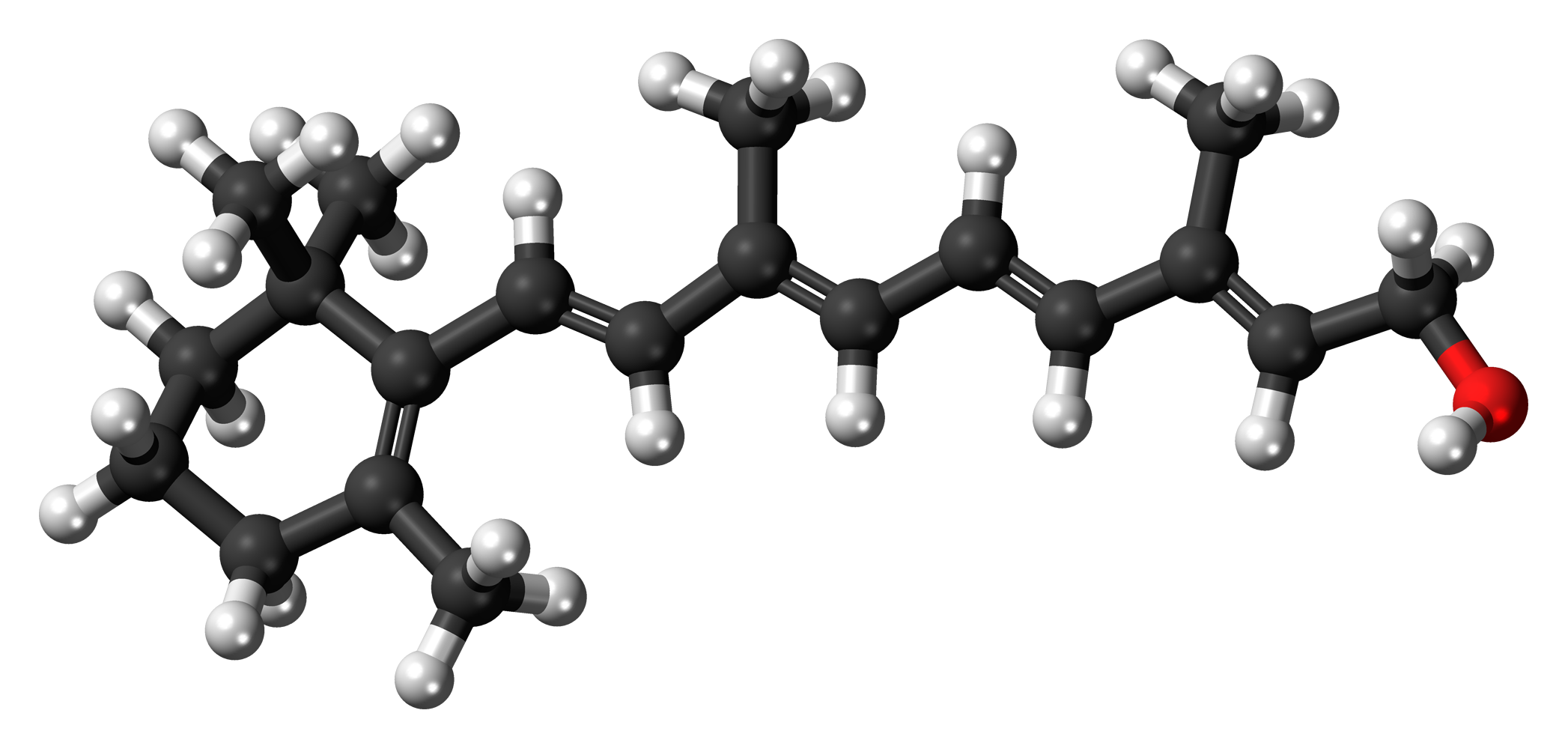Latest & New
Dr Muriel Bell’s Contribution to Nutrition in New Zealand
New Zealand’s Nutrition Pioneer

Dr Muriel Bell (1898–1974) was a trailblazer in public health and nutrition in New Zealand, whose research and advocacy played a key role in shaping the country’s health policies. She began her medical studies at the University of Otago in 1917. After graduating in 1928, Bell travelled to Europe to undertake further clinical and laboratory training. In 1930, while in London, she joined the Department of Biochemistry at University College, London, where she collaborated with Professor Jack Drummond. This experience became the foundation for Bell’s future work in nutrition. Between 1930 and 1935, she co-authored six scientific papers, including a study titled ‘Observations on the Absorption of Carotene and Vitamin A,’ published in The British Medical Journal in 1935.
Improvements to The Understanding of Vitamin A
According to the study ‘Observations on the Absorption of Carotene and Vitamin A,’ early research focused on fats like glycerides, while ignoring substances like cholesterol and fat-soluble vitamins. A shift in understanding occurred when scientists discovered that liquid paraffin (a type of mineral oil), which was once believed to be non-absorbable, could be stored in the liver. This discovery led to new theories that fat-soluble substances are either absorbed directly or are absorbed as water-soluble complexes after binding with substances like bile acids. These complexes may facilitate the absorption of nutrients like carotene and vitamin A by helping them cross the intestinal wall.
A rare medical case involved a patient with chylothorax, a condition where chyle (fluid formed in the small intestine during digestion) from the thoracic duct built up in the chest cavity. This was significant as the thoracic duct is the main route for transporting fats and fat-soluble vitamins from the intestine into the bloodstream. In most cases, chyle is inaccessible without surgery; however, in this case fluid had to be drained regularly for medical reasons. The extracted fluid could then be analysed, allowing Bell and her colleagues to identify that the absorption of orally administered carotene and vitamin A could be traced.
The results showed that vitamin A, particularly in its preformed state, was absorbed much more effectively than carotene. After administering a total amount of 125 mg of vitamin A, around 100 mg was recovered in the chyle, showing high absorption and transport through the lymphatic system. In contrast, of the 100 mg of carotene given, less than 20 per cent appeared in the fluid, suggesting poor absorption or conversion. Overall, the study provided some early direct evidence that preformed vitamin A is more bioavailable than its plant-based precursor.
The Importance of Vitamin A
Vitamin A is essential for vision, immune function, growth and development. It is an essential nutrient that the body cannot produce; therefore, it must be obtained through diet. Carotene, commonly found as β-carotene in plant-based foods is a precursor that the body must convert into vitamin A. In contrast, preformed vitamin A is found in animal products and is readily available for the body to use directly. This distinction is important, as understanding the lower bioavailability of carotene compared to preformed vitamin A is crucial for developing effective food fortification strategies. While vitamin A deficiency is uncommon in New Zealand, it remains a critical issue in developing countries where high deficiency rates can lead to serious health complications such as visual impairment and increased susceptibility to illnesses such as measles.
The Ongoing Legacy of Dr Muriel Bell
Bell’s pioneering research remains foundational to nutrition science and public health in New Zealand. Her career spanned over decades of research and public education, all grounded in the belief that science should serve the everyday well-being of society. Appointed as the first state nutritionist in 1940, Bell played a key role in several groundbreaking initiatives, including advocating for water fluoridation, milk pasteurisation, and advising the government on food rationing during World War II. Bell’s legacy was formally acknowledged in 2019 when her work was added to the UNESCO Memory of the World Register, securing her place in New Zealand’s history.
In 2025, Our Health Journeys continued our partnership with Saint Kentigern College in Auckland to challenge a number of students to conduct research into an aspect of the medical history of Aotearoa New Zealand. The students, ranging from Years 8-13, produced their research in written, oral, or video format and the top projects were chosen for publication to Our Health Journeys.




